The Evolution of Blockchain Technology
Blockchain technology has revolutionised the way we think about digital transactions, decentralisation, and data security. Since the inception of Bitcoin in 2009, the blockchain landscape has evolved dramatically, giving rise to numerous platforms, each with its unique features and capabilities. Among these, Ethereum has emerged as a prominent player, but it faces stiff competition from other blockchain platforms. This article delves into the intricacies of Ethereum and its competitors, analysing who is leading the blockchain race.
Understanding Ethereum
Ethereum, launched in 2015 by Vitalik Buterin, is a decentralised platform that enables developers to build and deploy smart contracts and decentralised applications (dApps). Unlike Bitcoin, which primarily serves as a digital currency, Ethereum offers a more versatile platform for various applications.
Key Features of Ethereum
- Smart Contracts: Self-executing contracts with the terms of the agreement directly written into code.
- dApps: Decentralised applications that run on the Ethereum network.
- Ethereum Virtual Machine (EVM): A runtime environment for smart contracts in Ethereum.
- ERC-20 Tokens: Standardised tokens that can be created and used within the Ethereum ecosystem.
Ethereum’s Competitors
While Ethereum has made significant strides, it is not without competition. Several other blockchain platforms have emerged, each offering unique features and capabilities. Some of the most notable competitors include:
- Cardano (ADA): A blockchain platform focused on security, scalability, and sustainability.
- Polkadot (DOT): A multi-chain network that enables different blockchains to interoperate.
- Binance Smart Chain (BSC): A blockchain platform developed by Binance, known for its high throughput and low transaction fees.
- Solana (SOL): A high-performance blockchain known for its fast transaction speeds and low costs.
- Tezos (XTZ): A self-amending blockchain that focuses on governance and upgradability.
Comparative Analysis
To understand who is leading the blockchain race, it is essential to compare Ethereum with its competitors across various parameters. The following sections provide a detailed comparative analysis.
Scalability
Scalability is a critical factor for any blockchain platform, as it determines the network’s ability to handle a large number of transactions. Ethereum has faced scalability issues, with its current capacity limited to around 15 transactions per second (TPS). However, Ethereum 2.0 aims to address these issues through sharding and a transition to a Proof-of-Stake (PoS) consensus mechanism.
In contrast, Solana boasts a high throughput of up to 65,000 TPS, making it one of the fastest blockchain platforms. Binance Smart Chain also offers high scalability with its dual-chain architecture, allowing for fast and low-cost transactions.
Security
Security is paramount in the blockchain space. Ethereum has a robust security framework, but it has experienced several high-profile hacks and vulnerabilities. Cardano, on the other hand, places a strong emphasis on security, utilising a peer-reviewed approach to development and a unique PoS consensus mechanism called Ouroboros.
Tezos also prioritises security with its formal verification process, which mathematically proves the correctness of smart contracts. Polkadot’s multi-chain architecture enhances security by allowing individual chains to maintain their own security protocols while benefiting from the shared security of the Polkadot network.
Interoperability
Interoperability refers to the ability of different blockchain networks to communicate and interact with each other. Polkadot is a leader in this area, with its multi-chain network enabling seamless interoperability between different blockchains. Ethereum is also working on improving interoperability through projects like Ethereum 2.0 and cross-chain bridges.
Cardano is developing its own interoperability solutions, such as the Cardano-Polkadot bridge, to facilitate cross-chain communication. Binance Smart Chain supports interoperability with the Binance Chain, allowing users to transfer assets between the two chains easily.
Governance
Governance is a crucial aspect of blockchain platforms, as it determines how decisions are made and how the network evolves. Ethereum’s governance is primarily driven by its core developers and the Ethereum Improvement Proposal (EIP) process. However, this approach has faced criticism for being centralised and slow to implement changes.
Tezos offers a unique on-chain governance model, allowing stakeholders to vote on protocol upgrades and changes. This self-amending feature ensures that the network can evolve without the need for hard forks. Cardano also employs a decentralised governance model, with its Project Catalyst initiative enabling community-driven decision-making.
Development Activity
Development activity is a strong indicator of a blockchain platform’s health and future potential. Ethereum has a vibrant developer community and a vast ecosystem of dApps and projects. The Ethereum Foundation and various other organisations actively contribute to its development.
Cardano has a rigorous development process, with its codebase undergoing peer review and formal verification. Polkadot’s development is spearheaded by Parity Technologies and the Web3 Foundation, with a focus on building a robust and scalable multi-chain network.
Solana has gained significant traction in the developer community due to its high performance and low transaction costs. Binance Smart Chain benefits from the extensive resources and support of the Binance ecosystem, attracting numerous developers and projects.
Use Cases and Adoption
The success of a blockchain platform is ultimately determined by its real-world use cases and adoption. Ethereum has established itself as the go-to platform for decentralised finance (DeFi) and non-fungible tokens (NFTs). The majority of DeFi projects and NFT marketplaces are built on Ethereum, making it a dominant player in these sectors.
Cardano is focusing on financial inclusion and identity solutions, particularly in developing countries. Its partnership with the Ethiopian government to create a blockchain-based student and teacher identification system is a notable example of its real-world impact.
Polkadot aims to enable a web of interconnected blockchains, facilitating various use cases such as DeFi, gaming, and supply chain management. Solana’s high throughput and low costs make it an attractive platform for DeFi, NFTs, and other high-performance applications.
Binance Smart Chain has gained popularity for its low transaction fees and fast confirmation times, making it a preferred choice for DeFi projects and NFT platforms. Tezos is focusing on digital art and collectibles, with several high-profile NFT projects choosing Tezos for its energy-efficient PoS consensus mechanism.
Community and Ecosystem
A strong community and ecosystem are vital for the long-term success of a blockchain platform. Ethereum has one of the largest and most active communities in the blockchain space, with numerous developers, projects, and organisations contributing to its growth.
Cardano has a passionate community, with a strong emphasis on education and outreach. The Cardano Foundation, IOHK, and Emurgo are actively involved in fostering the Cardano ecosystem and supporting developers.
Polkadot’s ecosystem is rapidly expanding, with numerous parachains and projects building on its network. The Web3 Foundation and Parity Technologies play a crucial role in supporting the Polkadot community and ecosystem.
Solana has gained significant traction in a short period, with a growing number of developers and projects joining its ecosystem. The Solana Foundation provides grants and support to foster innovation and development.
Binance Smart Chain benefits from the extensive resources and support of the Binance ecosystem, attracting numerous developers and projects. Tezos has a dedicated community focused on governance, development, and adoption, with the Tezos Foundation providing grants and support to projects building on Tezos.
Conclusion
In conclusion, the blockchain race is highly competitive, with each platform offering unique features and capabilities. Ethereum remains a dominant player, particularly in the DeFi and NFT sectors, but it faces significant challenges in terms of scalability and governance. Ethereum 2.0 aims to address these issues, but its success will depend on the timely and effective implementation of the proposed upgrades.
Cardano, Polkadot, Solana, Binance Smart Chain, and Tezos each have their strengths and are making significant strides in various areas. Cardano’s focus on security and sustainability, Polkadot’s interoperability, Solana’s high performance, Binance Smart Chain’s low costs, and Tezos’ governance model all contribute to their growing adoption and success.
Ultimately, the leading blockchain platform will be determined by its ability to address key challenges, foster innovation, and achieve widespread adoption. As the blockchain space continues to evolve, it is likely that multiple platforms will coexist, each serving different use cases and industries.
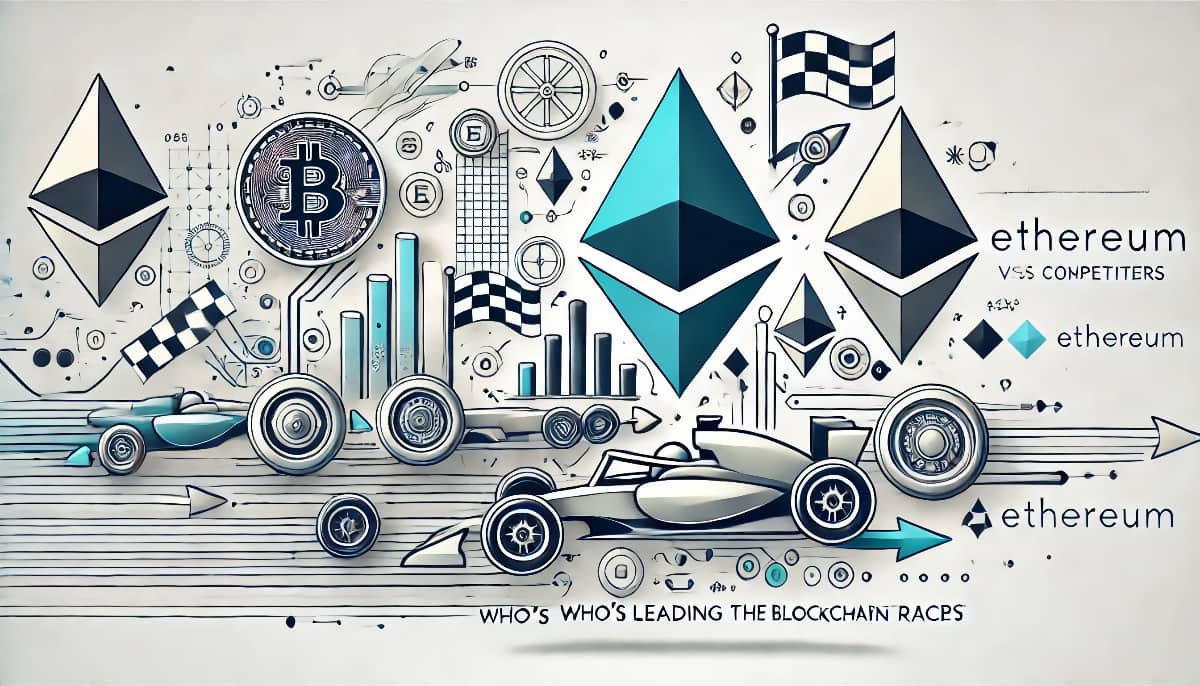
Q&A Section
- Q: What is the primary difference between Ethereum and Bitcoin?
A: While Bitcoin primarily serves as a digital currency, Ethereum offers a versatile platform for building and deploying smart contracts and decentralised applications (dApps). - Q: How does Ethereum plan to address its scalability issues?
A: Ethereum plans to address scalability issues through Ethereum 2.0, which includes sharding and a transition to a Proof-of-Stake (PoS) consensus mechanism. - Q: What makes Solana stand out among other blockchain platforms?
A: Solana stands out for its high throughput of up to 65,000 transactions per second (TPS) and low transaction costs, making it one of the fastest blockchain platforms. - Q: How does Polkadot enhance interoperability between blockchains?
A: Polkadot enhances interoperability through its multi-chain network, allowing different blockchains to communicate and interact seamlessly. - Q: What is unique about Tezos’ governance model?
A: Tezos offers a unique on-chain governance model that allows stakeholders to vote on protocol upgrades and changes, ensuring the network can evolve without hard forks.





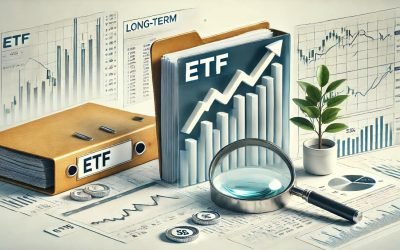

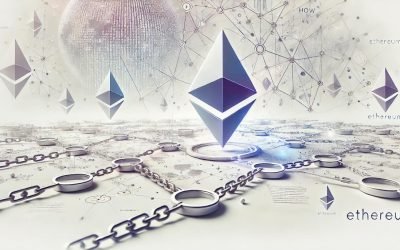
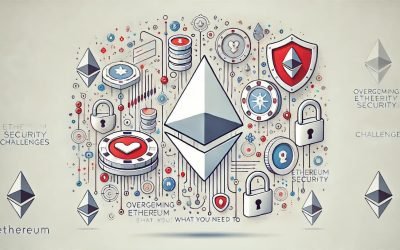
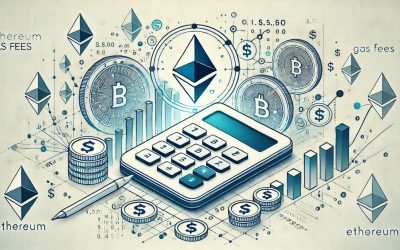
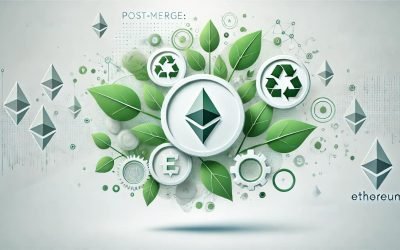
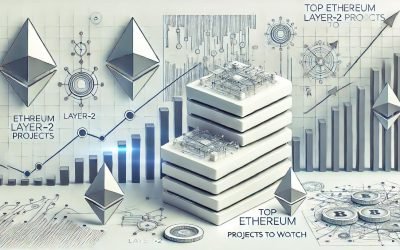
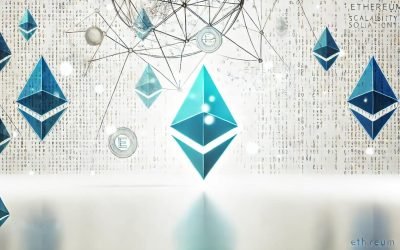
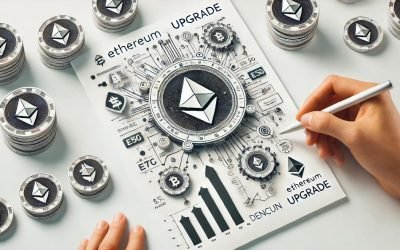
 How to trade CFD? (00:49)
How to trade CFD? (00:49) How to trade binary options*? (01:22)
How to trade binary options*? (01:22) Forex. How to start? (01:01)
Forex. How to start? (01:01)